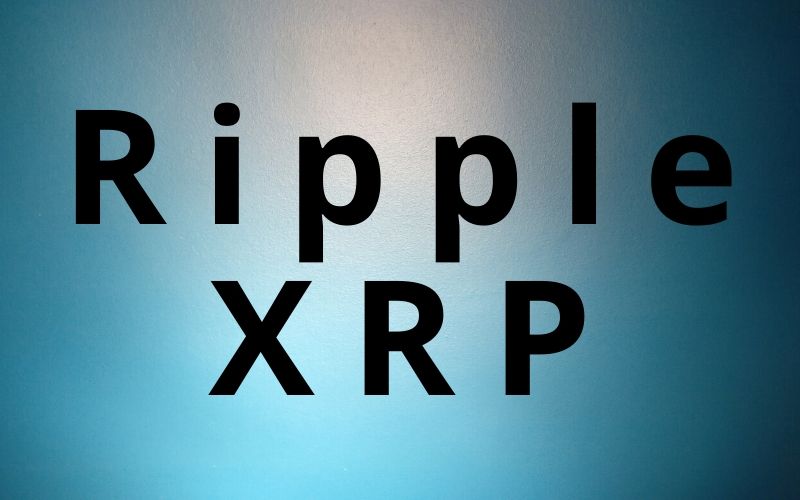The Senior Vice President of customer success at Ripple, Marcus Treacher, recently stated that Ripple, the US-based blockchain tech, will soon launch its new On-Demand Liquidity (ODL) corridors in the Asia Pacific, the Middle East, and Africa.
Marcus Treacher made this known in an interview published by City A.M. He said this is part of the steps meant to expand its ODL service to other regions.
“We have established On-Demand Liquidity corridors into Mexico, the Philippines, Australia, and Europe, and we’re hoping to further this expansion by opening corridors to APAC and EMEA this year.”
In the course of the interview, Marcus Treacher claimed that it is mutually beneficial for fintechs to cooperate with traditional banking institutions.
“If fintechs and banks were to build this kind of continued and mutually beneficial relationship, more services could be elevated to modern standards of customer service and speed as we continue to pull legacy banking systems out of their comfort zone and into the modern era of banking.”
He looks forward to seeing blockchain technology playing a vital role in impacting the global financial system in the 2020s.
Treacher added that Ripple will keep on working to fix the inefficiency in the remittance market, which is an integral part of many economies in the world.
Meanwhile, Herald Sheets reported a few days ago that SBI Holdings and Ripple are gearing up to launch the XRP remittance platform in Asia before the end of 2020.
This was revealed by Adam Traidman, the SBI Ripple Asia chief executive, during an interview with Tony Edward of Thinking Crypto. There, he revealed that the firm is in the process of testing the product that is scheduled to launch by the end of the year.
Adam Traidman noted:
“ODL is a solution that changes the fundamental layers of the banking system and how money is moved and that technology is super exciting. It’s just rolling out now, for SBI Ripple Asia we have limited trial and pilot projects going on right now with various companies in our territories, and they’re going great.
I expect that probably later this year and into next year things are going to move into widespread production, and I expect remittance companies that were restricted in growth because of pre-funding requirements to have a lot more flexibility.”
